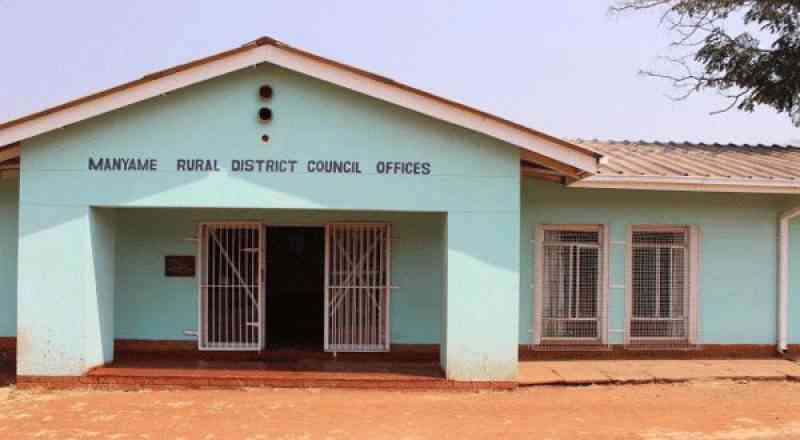
BY LORRAINE MUROMO FINANCE minister Mthuli Ncube’s supplementary budget allocation to the health sector has been dismissed as too inadequate to resuscitate the country’s ailing health delivery system.
The health sector faces a myriad of challenges such as a critical shortage of drugs and medicines, and a mass exodus of qualified personnel.
Years of underfunding have been blamed for the challenges facing the health sector whose shortcomings were exposed after the COVID-19 outbreak.
In his supplementary budget, Ncube allocated $62 billion more, adding to the original $177 billion for 2022.
Community Working Group on Health (CWGH) executive director Itai Rusike said the health budget was below the levels required for the delivery of quality health care services.
“Unfortunately the supplementary budget is still grossly inadequate to fund the critical needs of our health sector as it has been crafted in the context of chronic inflation,” Rusike said.
“The supplementary budget is coming at a time when the economy is mired in chronic high inflation which makes budgeting a very complicated matter. The risk is that the supplementary budget will soon be overtaken by inflationary developments rendering it inadequate.”
Zimbabwe Senior Hospital Doctors Association President Shingai Nyaguse said Ncube had to take into consideration the historical debt that many hospitals are shouldering
- Chamisa under fire over US$120K donation
- Mavhunga puts DeMbare into Chibuku quarterfinals
- Pension funds bet on Cabora Bassa oilfields
- Councils defy govt fire tender directive
Keep Reading
“What is left now is the timely disbursement of the funds and their use in areas where they are needed the most. However, they need to take into consideration that there are significant historical debts that many hospitals are carrying and it’s important to separate them from the budget. Money on paper does not make a significant impact if the issue of historical debt is not addressed,” Nyaguse said.
Medical and Dental Private Practitioners of Zimbabwe president Johannes Marisa added: “The current situation has changed globally as we were ravaged by COVID-19 which consumed much of the resources. This, therefore, means the contemporary issues may demand more than what is allocated if we are to close all gaps in the medical field.”
In an unrelated matter, environmental rights groups also urged government to put in place policies that cushion women against climate induced natural disasters.
They made the call in an event hosted by the Zimbabwe Women’s Resource Centre and Network (ZWRCN) to unpack the supplementary budget.
Reyna Trust Executive Director and human rights activist, Sydney Chisi said: “If you look at it from a demographic point of view to say who now dominates the population in those rural areas, and you can actually see that it’s usually the elderly and mostly elderly women which means that in terms of adaptation and resilience in putting up climate and environmental resilience infrastructure in systems within those communities would also require a stronger budget focus from the Minister himself.”
Zimbabwe Environmental Lawyers Association programmes officer Tafara Chiremba added: “There is a need to ensure that the projects that are implemented through devolution funds prioritise women’s rights.”
- Follow Lorraine on Twitter @RMuromo











